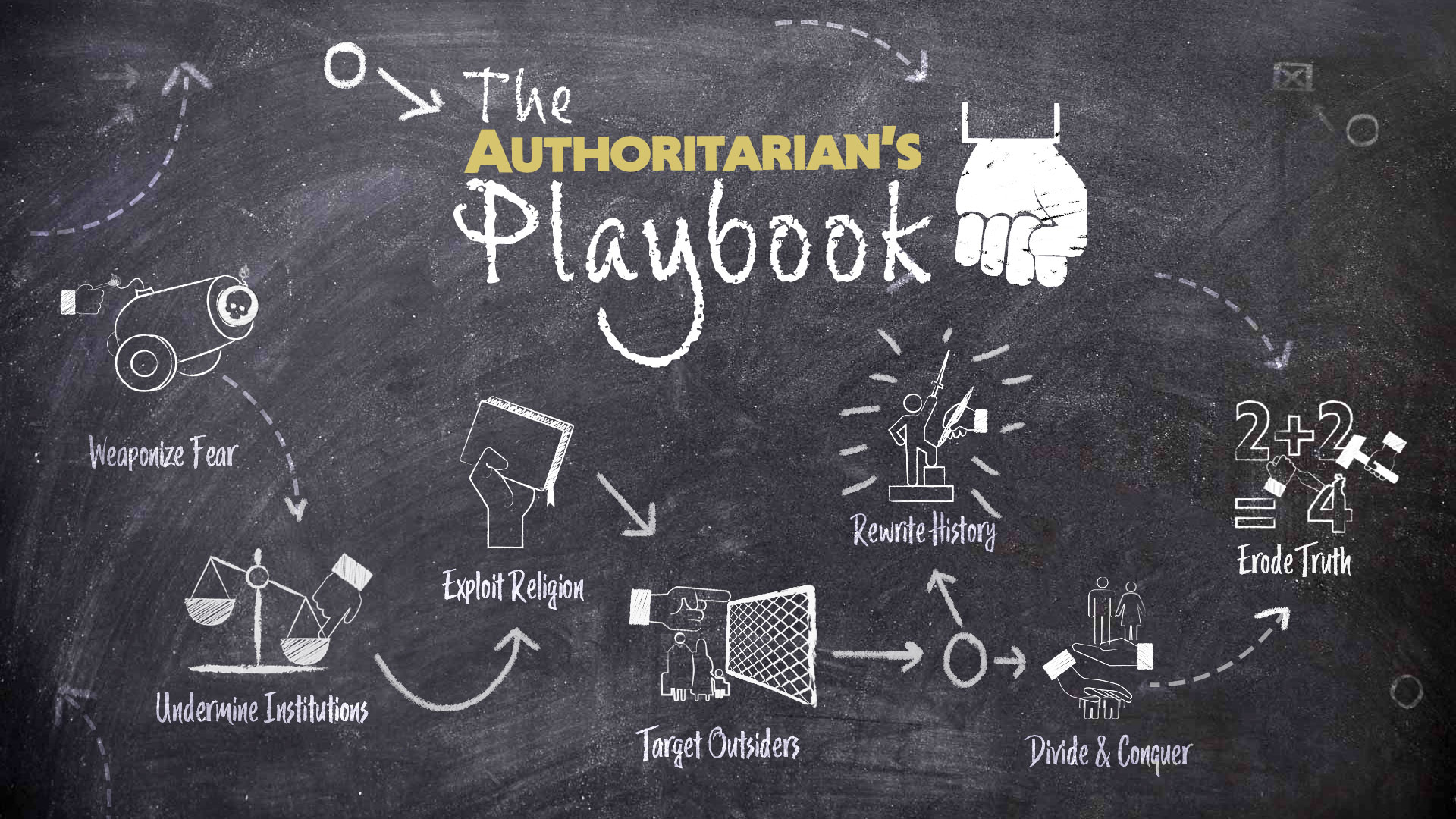
When 819 distinct social media initiatives attempted to enhance COVID-19 vaccination rates, they succeeded in shifting public perception by merely 1 percent. This notable shortcoming, detailed in a prominent analysis, indicates something significant: the conventional model of scientific communication—delivering facts and anticipating that “truth will win out”—has encountered a barrier in our divided information environment.
A group of communication specialists contends in Proceedings of the National Academy of Sciences that scientists need to forsake their authoritarian lecture style and adopt what they refer to as a “collaboration model” that regards public concerns, moral values, and community perspectives as equal players in scientific dialogue.
The Democracy Dilemma Behind Science Denial
“Scientists effectively tackle the technical inquiries they believe are crucial, regarding risks and benefits, yet these are not the questions that communities are posing,” states Dietram Scheufele, a researcher at the Morgridge Institute for Research and co-writer of the report. “Communities want to know what the science signifies for their personal identities, and how it relates to their anxieties about a future that appears very different from our present.”
The figures narrate a sobering tale about the credibility crisis in science. In 2000, Republicans and Democrats demonstrated almost identical trust in the scientific community—47% and 46% respectively. By 2022, that agreement had fractured: only 28% of Republicans displayed high confidence compared to 53% of Democrats.
This is not solely about climate change doubt or vaccine reluctance. It mirrors a deeper rift in how Americans perceive expertise itself, with each political faction markedly overstating the other party’s anti-science stances.
Beyond the Deficit Model
The prevailing method, researchers claim, regards the public as vacant containers waiting to be filled with scientific information. This “deficit model” presumes people merely lack information, and that facts will naturally rectify their erroneous beliefs.
However, this model falters against contemporary realities:
– Scientific uncertainty is exploited by malicious actors who take advantage of ambiguity to undermine expert agreement
– Pseudoscientists can portray themselves as credible experts in our divided media landscape
– Political polarization causes individuals to often evaluate science based on the messenger’s presumed partisanship rather than the message itself
– Scientists artificially position their work as “value-neutral” when public policy invariably involves selecting between competing values
The Conversation Solution
The alternative entails substituting one-way information dumps with authentic dialogue. Instead of attempting to “rectify” public misconceptions, scientists would interact with communities as equals, recognizing that scientific evidence and societal values must collaboratively influence policy decisions.
This participatory method necessitates what the researchers call “intellectual humility”—scientists acknowledging they do not possess all the answers and that community concerns warrant genuine attention, not dismissal.
“I believe we are starting to observe how technologies like AI and gene editing alter our perceptions of what it means to be human,” Scheufele remarks. “We can ensure that science remains at the center of the discussions while also acknowledging that science alone does not dictate the outcome.”
Trust Through Transparency
Counterintuitively, research indicates that recognizing uncertainty and sharing adverse information regarding scientific interventions can actually foster long-term trust, even if it diminishes short-term compliance. For instance, being open about COVID-19 vaccine limitations reduced immediate acceptance but bolstered confidence in scientific institutions over time.
The study highlights successful frameworks like the Transforming Evidence Funders Network, which cultivates ongoing connections among scientists, communities, and policymakers before crises arise. This proactive structure stands in stark contrast to the present reactive strategy where communicators rush to tackle each new issue.
The Stakes for Science’s Future
The timing could not be more critical. Science faces potential budget reductions while confronting increasingly intricate challenges like artificial intelligence, gene editing, and climate change that pose fundamental questions about human identity and societal values.
“Unless we implement this, we’ll find ourselves in more and more scenarios like the current one, where science becomes a pawn in political conflicts,” Scheufele cautions. “Science is the most vital mechanism we possess for creating, curating, and disseminating knowledge.”
The research illuminates how our existing communication ecosystem amplifies the loudest, most extreme voices while elevating pseudoscience to the same stature as peer-reviewed research. In this atmosphere, simply raising the volume of scientific facts won’t restore public trust—it demands a complete reimagining of how science interacts with democracy itself.
There’s no paywall here
If our reporting has informed or inspired you, please consider making a donation. Every contribution, regardless of size, empowers us to keep delivering accurate, engaging, and trustworthy science and medical news. Independent journalism requires time, effort, and resources—your support guarantees we can keep uncovering the stories that are most important to you.
Join us in making knowledge accessible and impactful. Thank you for standing with us!